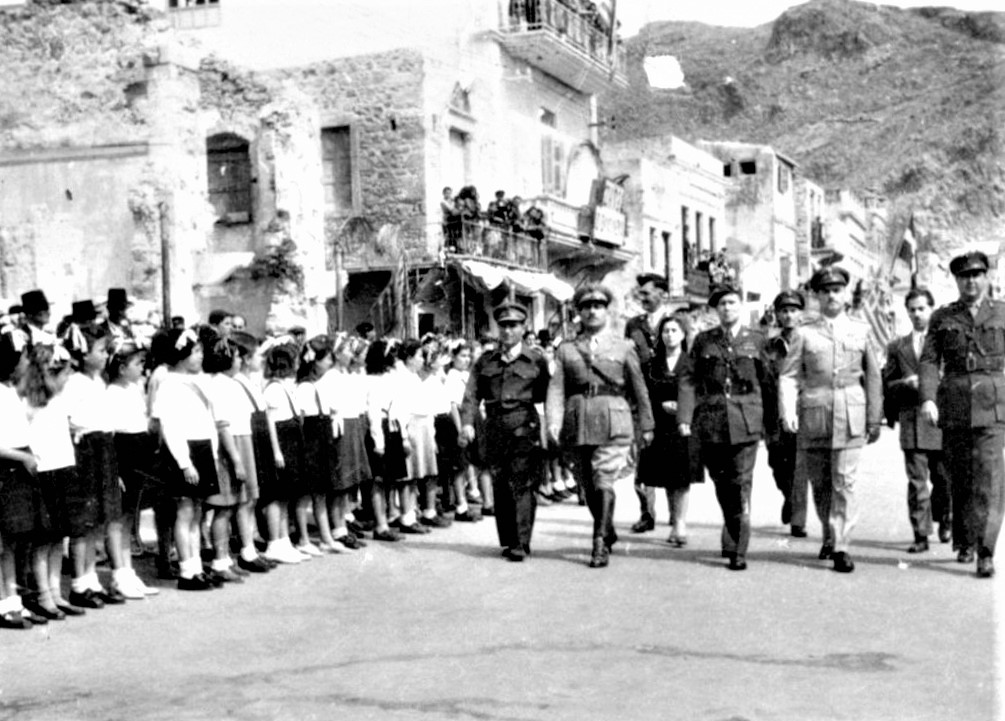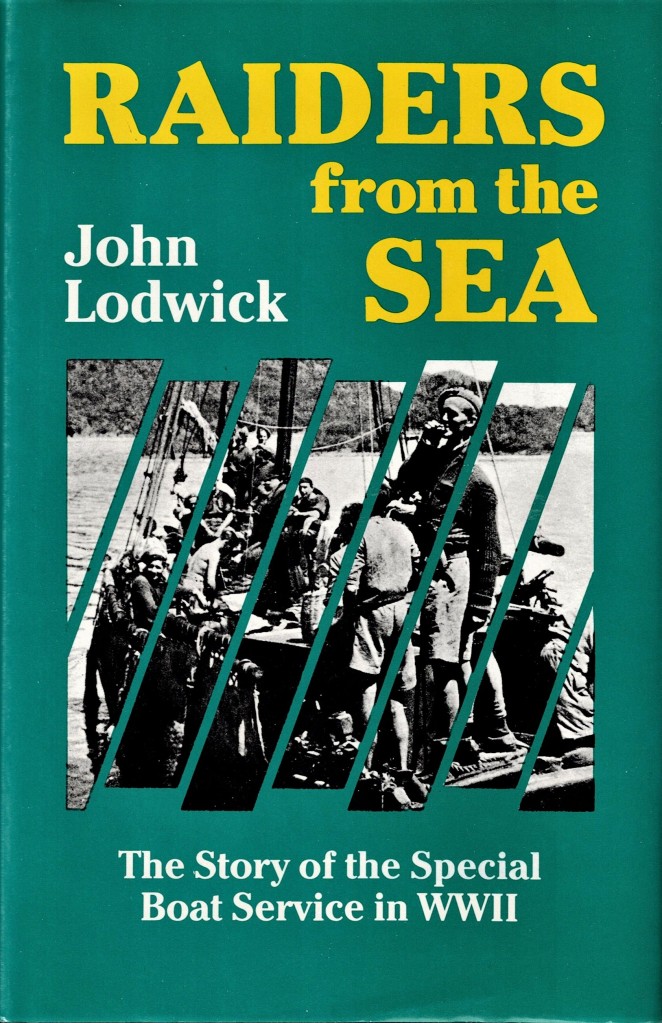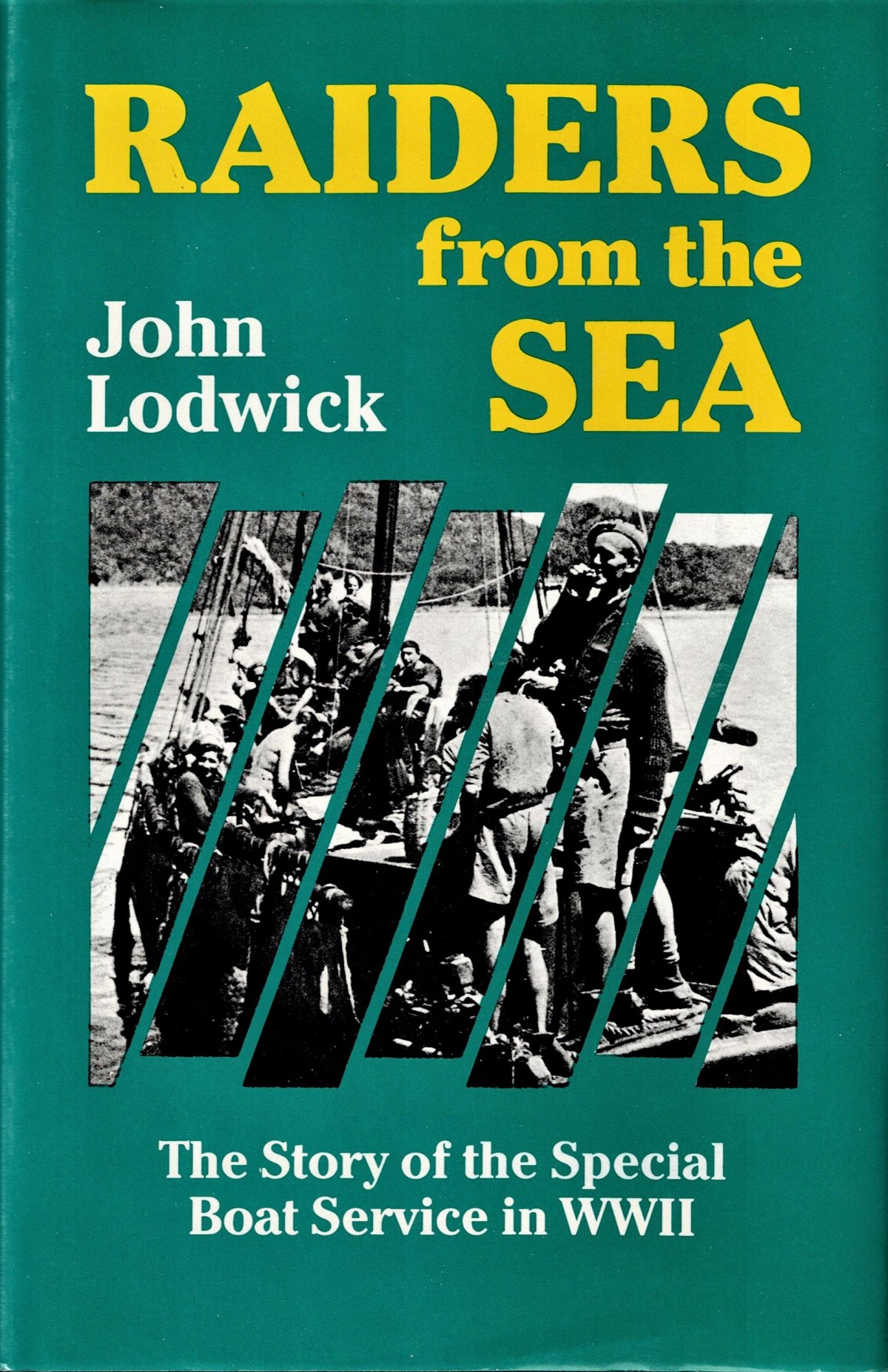
Grove Koger
March 7 is an important date in modern Greek history. It was on this day in 1948 that the Dodecanese Islands, which lie in the Southeast Aegean Sea, formally became part of Greece.
Although their inhabitants were for the most part ethnic Greeks, the islands had been under Ottoman, or Turkish, rule since the early sixteenth century. Their modern name came into use in the early twentieth century, when the twelve (dódeka) islands that enjoyed particular legal privileges under the Ottomans were dubbed the Dōdekanēsos, or Dodecanese, by other Greeks. The independent Greek nation had itself come into being in the early 1820s, and had grown in area over the following century as a result of a series of conflicts and treaties.

Most of the Dodecanese Islands, seen above in red in a Wikimedia Commons map created by Pitichinaccio, had passed into Italian control as a result of the Italo-Turkish War of 1911-12. Although the subsequent Treaty of Ouchy of October 18, 1912, provided for their return to the Ottomans, the outbreak of the First Balkan War on October 8 of that year and the First World War on July 28, 1914, led to continued Italian occupation. During World War II, after signing the Armistice of Cassibile with Italy on September 3, 1943, British forces attempted to capture the islands from occupying German troops, but the attempt failed. Subsequently, the Germans deported and murdered almost all of the islands’ Jewish population.
However, members of Britain’s Special Boat Service maintained a vigorous campaign of guerilla operations throughout the period, contributing in part to eventual British victory. German commander Otto Wagener was forced to surrender on May 8, 1945, passing control of the islands to Britain, which in turn formally ceded the islands to Greece on March 31, 1947. The official ceremony marking their integration with Greece took place the following year on March 7, and was celebrated throughout the islands and the rest of Greece. The photograph you see at the top of today’s post, for instance, shows British officers handing over control during a ceremony on the island of Kalymnos.
It had been a long, long struggle.

You can read a personal account of the Special Boat Service in The Filibusters: The Story of the Special Boat Service by John Lodwick (Methuen, 1947; reprinted as Raiders from the Sea by the Naval Inst. P., 1990.) And for a personal account of the British occupation, see Reflections on a Marine Venus (1953) by Lawrence Durrell.

If you’d like to subscribe to World Enough, enter your email address below:
And if you’ve enjoyed today’s post, please share!
